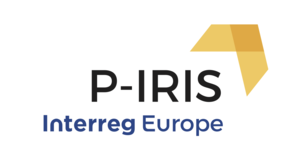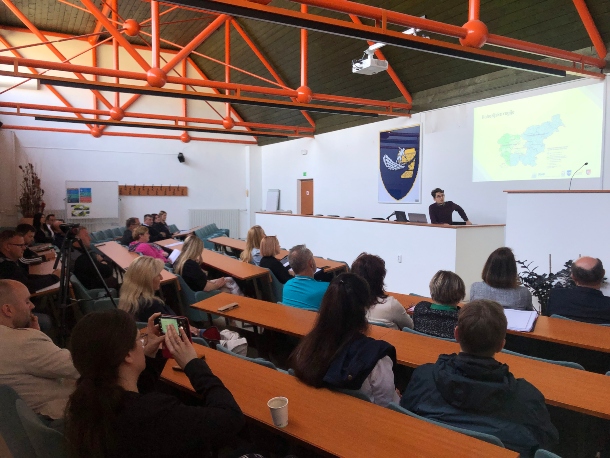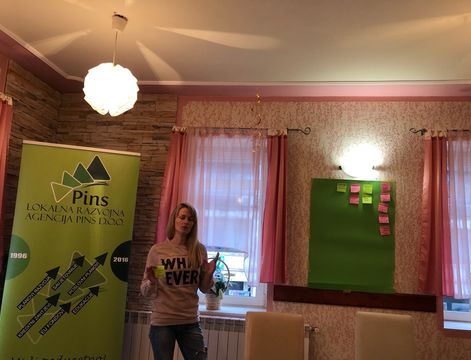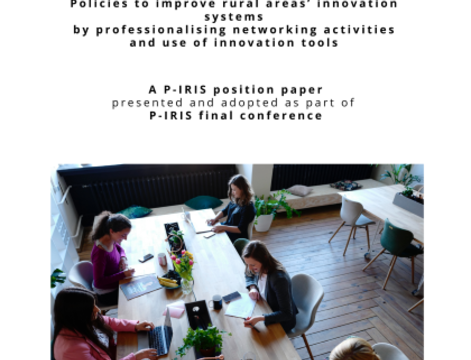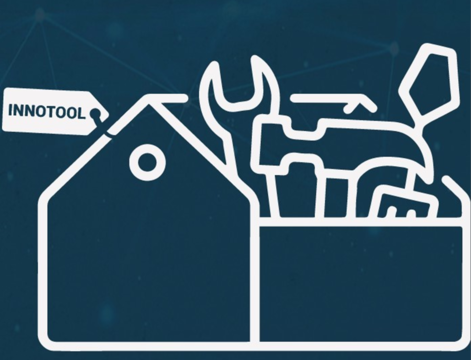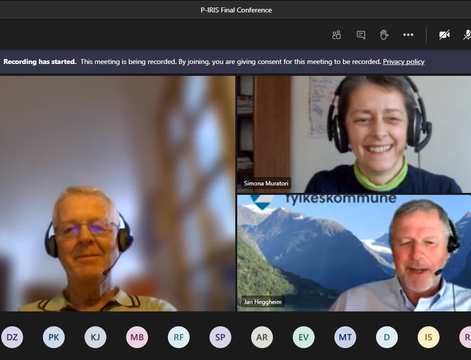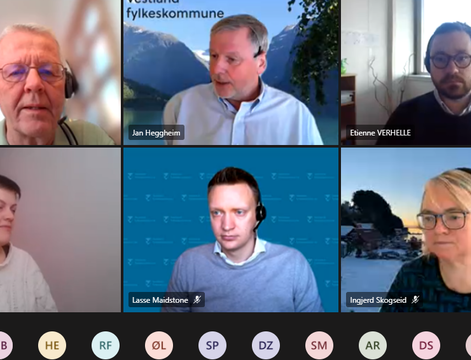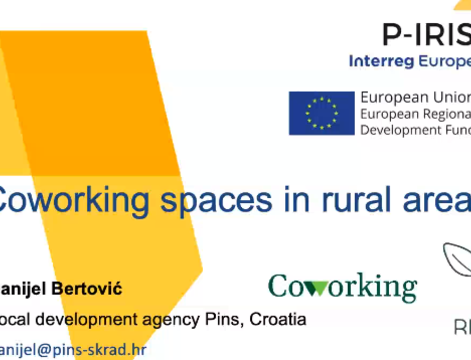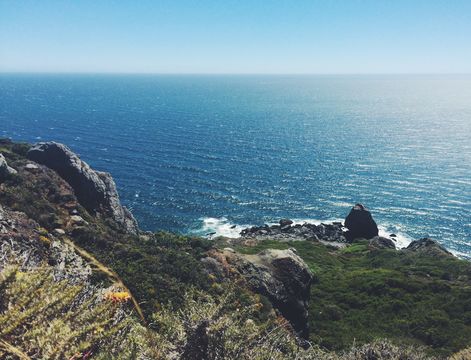The second Study visit was organized in Burgos (Spain) on 20th and 21th September 2017 within the P-IRIS project - “Policies to improve rural areas’ innovation systems by professionalising networking activities and use of innovation tools”. The event was hosted by SODEBUR - The Society for the Development of the Province of Burgos which promotes economic development in the Province of Burgos. They invited representatives of regional actors to present good practices in the field of rural innovation systems. The strategic sectors of the province of Burgos and on which the innovation policies are being developed are agroindustry, logistics, energy and tourism. P-IRIS projects aims to improve policies related to triple (or quadruple) helix cooperation therefore actors from different sectors participated at the event: regional authorities, universities and research institutions, enterprise support actors and enterprises.
Partners and stakeholders from Croatia, Finland, Italy, Norway, Slovenia and Spain learned about the Spanish rural innovation systems during two days of study visits. They were focused on collaborative strategies within networks in different sectors and discussed how mutual learning processes can be efficient and decision making improved. Maite Cobo from Technological Institute of Castilla y Leon presented the role of technology and innovation on the rural innovation. Carlos Rad from University of Burgos talked about the contribution of the University on rural innovation and the interest of business sector in applied science. Participants visited Food Biotechnoogical Center of University of Burgos getting to know the cooperation between research/academia and business sector.


wo innovative cases in tourism sector from Burgos were presented: “Living Paleolithic” – a reserve where team of biologists, naturalists and scientists promote and conserve nature and present threatened species such as bisons and horses to visitors. Participants visited “Territorio Artlanza”, touristic estate with recreated ancient “Castlian town” designed by local artist. P-IRIS partners and stakeholders also visited food company Embutidos de Cardena which presented the production process of traditional product of culinary specialty from Burgos black pudding. They stopped by in Winery Bodegas Buezo which produces 150.000 bottles of wine every year produced at their own vineyards. Innovation company Naturae from biotechnological sector and textile company Trasluz were also presented within the Spanish study visit. Trasluz is using special “RFID” technology as identification chips on each garment which helps them to detect each garment at any time and improves the process of control, logistic and quality.

Project P-IRIS continues with mapping of partners’ situation in terms of challenges and opportunities of managing triple (or quadruple) helix cooperation in rural innovation systems. Partners will study relevant tools such as public financial tools, public funded advice and knowledge sharing infrastructure. The next study visit will be organized by PINS Local Development Agency PINS from Croatia and will take place on 12 and 13 December 2017 in Rijeka, Croatia.



